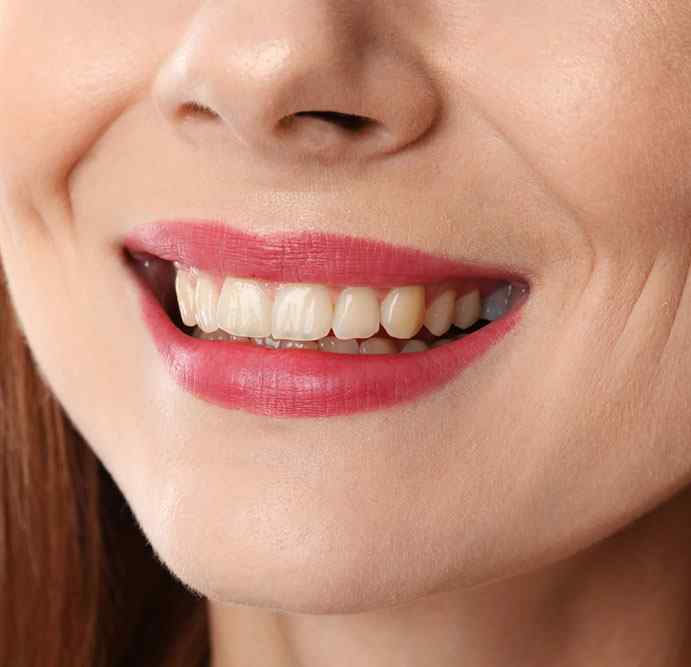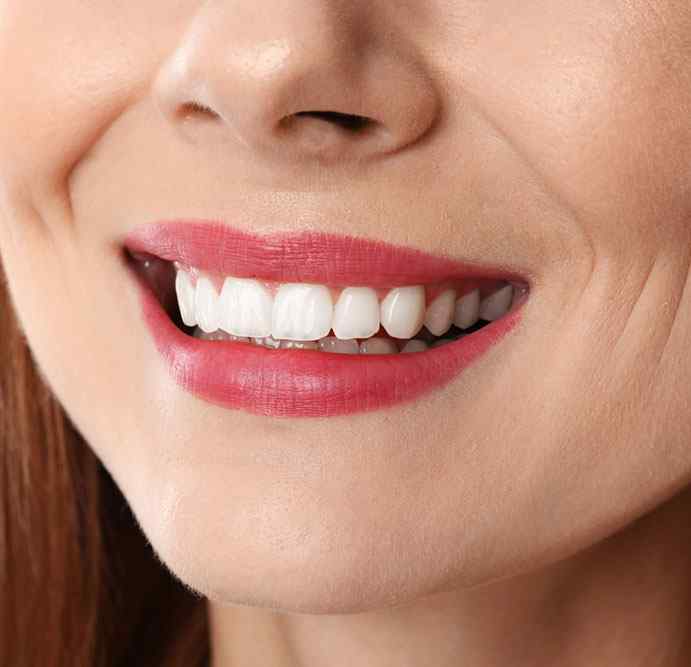Sleep Dentistry for Children
Sleep dentistry, provided by Brisbane Paediatric Dentist, ensures safe dental treatment for children who are too young, have dental anxiety, medical condition, or special need requirements—safe, calm, gentle dental care.



Dental Dreams
for Tiny Teeth
Stress-free dental procedure for children in full sleep. Expert sleep dentistry for children's comfort and well-being.
Young Age
Sleep dentistry for very young children who cannot understand or cooperate during dental procedures.
ADHD
Sleep dentistry for children with ADHD ensures calmness and safety during dental treatments.
ASD
Sleep dentistry for children with autism spectrum disorder ensures their comfort and reduces anxiety during procedures.
Nervous Children
Sleep dentistry helps anxious kids undergo dental treatments without the stress and fear that might otherwise be overwhelming.
Special Needs Children
For children with special needs, sleep dentistry can provide the stillness required for safe and precise dental care.
Extensive Dental Work
Sleep dentistry condenses extensive dental treatments (multiple fillings or extractions) into one visit, easing stress for children.
Epilepsy
Epilepsy doesn’t stop dental care for children — thanks to sleep dentistry. Safe dental solutions for epilepsy in kids.
Cerebral Palsy
Children with cerebral palsy, which might involve involuntary movements, can benefit from dental care in full sleep.
Past Distressing Experience
Sleep dentistry can be a way to rebuild trust in an anxious child who has had a distressing dental experience in the past.
What is sleep dentistry for children?
Sleep dentistry, also known as general anesthesia in the context of paediatric dentistry, refers to the practice of using medication to put children in full sleep during dental procedures. This approach is utilised for various reasons, such as managing anxiety, controlling movement for the safe completion of the procedure, or managing pain during and after complex dental work.
The use of sleep dentistry for children is tailored to individual needs and is guided by strict medical guidelines to ensure safety. It’s typically indicated for lengthy procedures, for patients with severe dental anxiety, for those with special medical needs, or for very young children who are unable to cooperate during dental treatment.
The medications used can range from mild sedatives to full general anesthesia. Mild sedatives might relax the child, while under general anesthesia, the child will be fully asleep and pain-free during the procedure. This state is carefully controlled and monitored by a specialist anaesthetist and a specialist paediatric dentist.
The International Association of Paediatric Dentistry (IAPD) and the Australian Dental Association (ADA) provide guidelines for sleep dentistry and general anesthesia. These guidelines emphasise the importance of a thorough pre-sedation health evaluation, the use of age- and weight-appropriate sedative dosages, continuous monitoring of vital signs, and the presence of properly trained and certified personnel.
Prior to the procedure, informed consent from parents or guardians is required, and post-procedure care instructions are provided to ensure a safe recovery. Properly administered, sleep dentistry is a safe way to provide dental care to children who might otherwise be unable to tolerate necessary dental procedures.
x
x
xxxx
General Dentistry
Aesthetic Dentistry
Teeth Whitening
Child Dentistry



Sleep Dentistry: Delivering Safe Dental Care for Children with Anxiety or Special Needs
Paediatric dentists often resort to general anesthesia, commonly referred to as sleep dentistry, for various reasons, primarily to ensure children remain completely still during complex dental procedures that require precision and to manage the dental care of children with certain medical conditions or developmental concerns.
General anesthesia is considered when a child has severe anxiety or phobia about dental procedures, making them unable to cooperate during the visit. It’s also used for children with conditions that make traditional dental care challenging, such as Attention Deficit Hyperactivity Disorder (ADHD), where the ability to remain still is compromised, or Autism Spectrum Disorder (ASD), where the sensory environment of a dental clinic can be overwhelming.
Furthermore, children with specific medical conditions, like cerebral palsy or muscular dystrophy, which may hinder their ability to control movements, or those with epilepsy, where sudden movements could pose a risk during a procedure, might also be candidates for sleep dentistry.
The decision to use general anesthesia for the dental treatment of children is made after a careful assessment of the child’s health history, dental needs, and a risk-benefit analysis. The process is meticulously planned and executed in a controlled environment, usually a hospital or a specialised dental facility, under the supervision of an anaesthetist and trained dental staff. This approach ensures the child’s safety and comfort while enabling the paediatric dentist to perform necessary dental treatments efficiently and effectively.
It is essential to have a pre-anesthesia consultation to address any concerns, evaluate health status, and discuss the procedure’s specifics, ensuring parents are fully informed and consent to the treatment plan.
xxxxxx
xxxxx
Texxxxxx
xxxxxx
xxxxx
xxxxx



Before
After
Children that often Benefit from Sleep Dentistry
Sleep dentistry, using general anaesthesia, is often utilised by paediatric dentists to manage a variety of situations that can make traditional dental care challenging for children. Here are several conditions and age-related considerations that often benefit from sleep dentistry:
- Dental Anxiety and Phobia: Children who experience severe dental anxiety or phobia may benefit from sleep dentistry. It can help them undergo dental treatments without the stress or fear that might otherwise be overwhelming.
- Special Needs: Children with developmental disorders such as autism spectrum disorder (ASD) or attention deficit hyperactivity disorder (ADHD) often find it difficult to remain still for the duration of a dental procedure. Sleep dentistry can provide the stillness required for safe and precise dental care.
- Young Age: Very young children who cannot understand or cooperate during dental procedures may be candidates for sleep dentistry. The inability to stay still not only affects the quality of dental care but could also pose a risk of injury during procedures.
- Extensive Dental Work: Children who need extensive dental work, such as multiple fillings or extractions, may find sleep dentistry beneficial as it allows all the work to be completed in one go, reducing the need for multiple stressful visits.
- Medical Conditions: Children with certain medical conditions that can be affected by the stress of dental procedures, like epilepsy or congenital heart defects, may require sedation to ensure their safety during treatment.
- Cognitive Impairments: Children with cognitive impairments may not be able to comprehend instructions or communicate their needs effectively. Sleep dentistry can facilitate their treatment.
- Sensitive Gag Reflex: Some children have an overly sensitive gag reflex, which can make dental treatment challenging. Sleep dentistry makes the procedures feasible.
- Traumatic Dental Experiences: For children who have had traumatic experiences with dental care in the past, sleep dentistry can offer a way to receive the necessary treatment without re-traumatising the child.
Age-wise, while there is no absolute age limit for sleep dentistry, it’s typically considered for children who are old enough that the risks associated with sedation are minimal compared to the benefits of completing dental work. This is often for children aged two and above, though in some circumstances, sedation may be considered for younger children if their dental health situation warrants it and the sedation can be administered safely.
xxxxxxxxxxxxxx
xxxxxxxxxxxxx
xxxxxxxxxxxxxxxxxxxxxxxxxxxxxxxxxxxxxxxxxxxxxxxxxxxxxxxxx
xxxxxxxxxxxxxxx
xxxxxxxxxxxxxxx




What is sleep dentistry for kids?
Sleep dentistry, also known as general anesthesia in the context of paediatric dentistry, refers to the practice of using medication to put children in full sleep during dental procedures. This approach is utilised for various reasons, such as managing anxiety, controlling movement for the safe completion of the procedure, or managing pain during and after complex dental work.
The use of sleep dentistry for children is tailored to individual needs and is guided by strict medical guidelines to ensure safety. It’s typically indicated for lengthy procedures, for patients with severe dental anxiety, for those with special medical needs, or for very young children who are unable to cooperate during dental treatment.
The medications used can range from mild sedatives to full general anesthesia. Mild sedatives might relax the child, while under general anesthesia, the child will be fully asleep and pain-free during the procedure. This state is carefully controlled and monitored by a specialist anaesthetist and a specialist paediatric dentist.
The International Association of Paediatric Dentistry (IAPD) and the Australian Dental Association (ADA) provide guidelines for sleep dentistry and general anesthesia. These guidelines emphasise the importance of a thorough pre-sedation health evaluation, the use of age- and weight-appropriate sedative dosages, continuous monitoring of vital signs, and the presence of properly trained and certified personnel.
Prior to the procedure, informed consent from parents or guardians is required, and post-procedure care instructions are provided to ensure a safe recovery. Properly administered, sleep dentistry is a safe way to provide dental care to children who might otherwise be unable to tolerate necessary dental procedures.


Reviews
Louise Gibson
“Sleep Dentistry for Children”
Dr Ellie was absolutely superb. She performed dental work at St Andrew’s on our five year old and was extremely patient, kind and calming. Our son has special needs as well as having endured lots of medical procedures (which makes him very nervous of medical intervention). Her approach was very reassuring for all of us. Thank you, the Bersz Family ❤️
Courtney Turner
“Sleep Dentistry for Children”
The level of compassion, respect and understanding for her patients is unmatched. Her work is wonderful and completely put us at ease sending in our 3 year old.
Nick Bright
“Sleep Dentistry for Children”
We love Dr Ellie, she has been amazing with making our boy comfortable and her dental work has been awesome. 100% recommend her for children.
Andrew Stapleton
“Sleep Dentistry for Children”
Dr Ellie and her staff provided outstanding professionalism and experience with a personal touch. Dr Ellie was genuinely warm and compassionate with our little boy. Her professional advice was considerate and comforting. She demonstrated a great deal of integrity with her fees which was very much appreciated. I would highly recommend her for your specialist dental needs.
Maryam Montafej
“Sleep Dentistry for Children”
Dr Ellie is extremely professional, knowledgeable and caring. Her approach with my daughter was so amazing at the first visit (2.5 years old) that now she looks forward to her dental appointments. If you are looking for the best Paediatric dentist, look no further. Dr Ellie is truly the best.